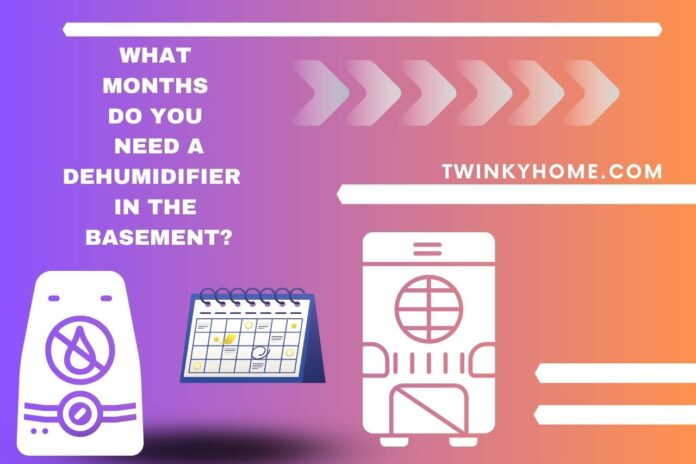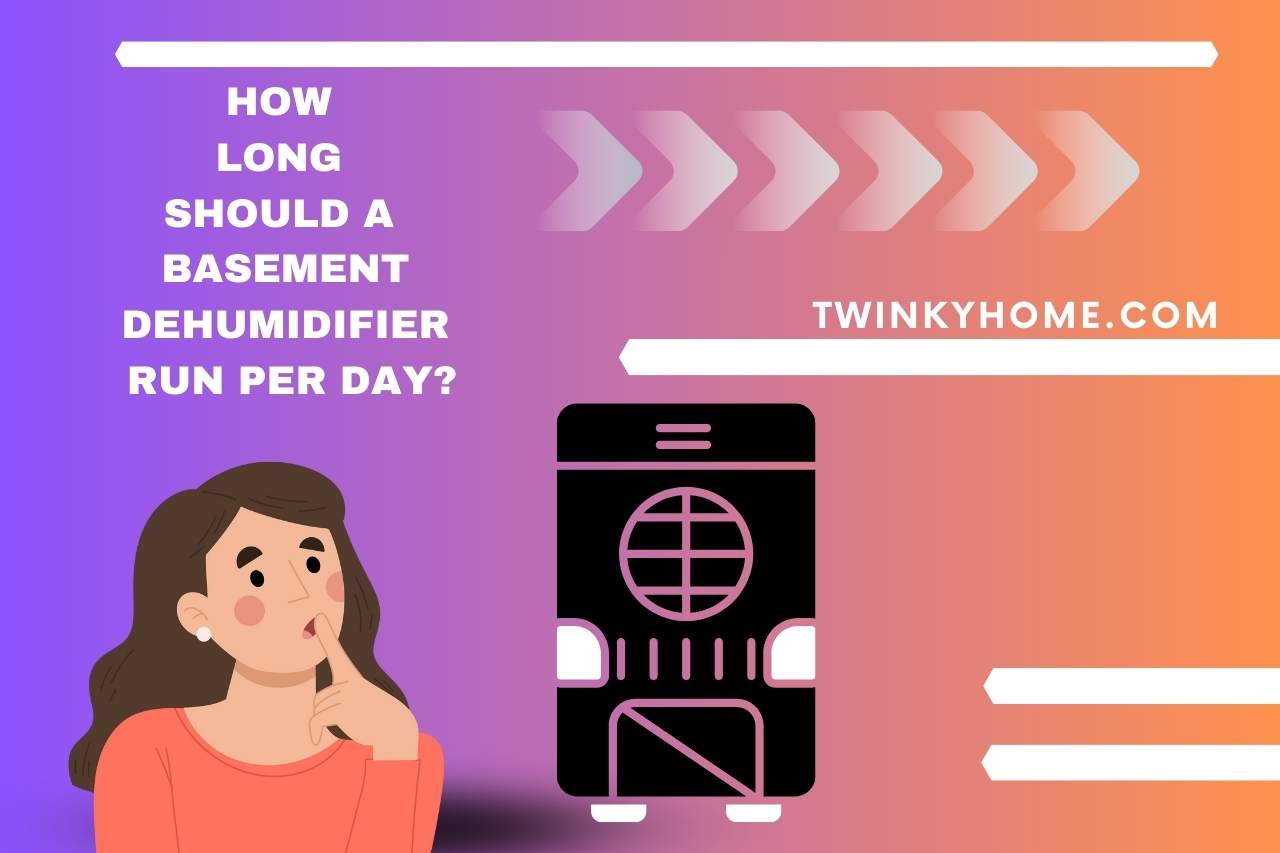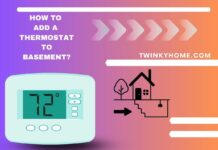Using a dehumidifier throughout the year can cause energy waste, and it is unfavorable to the environment. Thus, you need to be wise to use your dehumidifier when it is necessary. Then, you might have the question, ‘What months do I need the dehumidifier in my basement?’ As this comprehensive guide will provide you with the answer to this question, you will be able to cut down your electricity usage by utilizing the dehumidifier effectively at the right time.
What Months Do you Need a Dehumidifier in the Basement?
You will need a dehumidifier in your basement in the months of spring, summer, and early fall.
In fact, a dehumidifier in the basement can be beneficial throughout the year, but its necessity may vary based on climate and seasonal changes.
Generally, dehumidifiers are most crucial during humid months, typically in late spring through early fall.
The reason why, these months tend to have higher humidity levels, creating an environment where mold and mildew thrive.
However, in regions with consistently high humidity or rainy seasons, a basement dehumidifier may be necessary year-round.
Winter months might seem less likely, but if your basement experiences condensation due to temperature differences, you can still use your dehumidifier.
Cold air holds less moisture, leading to potential moisture accumulation in indoor spaces.
Ultimately, it’s essential to monitor humidity levels regularly. If they consistently exceed the recommended range of 30-50%, regardless of the season, it would be better to use your dehumidifier in your basement to prevent dampness, mold growth, and potential damage to stored items.
When Should I Stop Using a Dehumidifier in My Basement?
You should stop using your dehumidifier in the basement when the temperature goes below 60 degrees Fahrenheit (15 degrees Celsius).
Typically, as outdoor temperatures drop, the air’s capacity to hold moisture decreases, leading to lower humidity levels indoors. When the temperature in your basement stays consistently low, it is not necessary to run a dehumidifier.
In colder climates, this might mean that you can gradually reduce or even pause dehumidifier usage as winter sets in. However, it’s crucial to monitor humidity levels.
Some basements may remain vulnerable to moisture issues due to factors like poor insulation or inadequate ventilation, requiring continued dehumidification even in colder weather.
At lower temperatures, the coils in the dehumidifier can frost over, impairing the unit’s efficiency.
Thus, if you use a dehumidifier in colder temperatures, ensure it’s designed for low-temperature operation, as some models are specifically built to handle cooler environments without encountering problems like frost buildup.
Remember to check the manufacturer’s recommendations for your specific dehumidifier model, as different units may have varying temperature requirements for optimal performance.
How Long Should a Basement Dehumidifier Run Per Day?
Normally, you should run your basement dehumidifier around 12 hours a day. However, the ideal duration for running a basement dehumidifier depends on various factors, such as the size of the basement, current humidity levels, and the specific needs of the space.
In general, it’s recommended to run the dehumidifier until it achieves and maintains a humidity level between 30-50%.
Thus, start by running the dehumidifier continuously until you reach the desired humidity range. Once you’ve achieved this, you can set the dehumidifier to cycle on and off based on the humidity levels.
Regularly monitor the humidity in your basement, especially during different seasons, to adjust the running time accordingly. In more humid seasons, you might need to run the dehumidifier for longer periods.
Now, let’s discuss what factors determine the duration you should run your dehumidifier.
- Humidity Levels: The primary factor is the current humidity level in your basement. Run the dehumidifier until the humidity reaches and maintains the recommended range of 30-50%. In more humid conditions, you may need to run it longer.
- Basement Size: Larger basements generally require more time to dehumidify and vice versa.
- Seasonal Changes: Humidity levels fluctuate with the seasons. During more humid seasons, like summer, you may need to run the dehumidifier for a longer duration when compared to other seasons.
- Temperature: Dehumidifiers may operate less efficiently in colder temperatures. Therefore, consider the ambient temperature in your basement and choose a dehumidifier model that can handle lower temperatures if necessary.
- Ventilation and Insulation: The basement’s ventilation and insulation impact how moisture enters and exits the space. If your basement lacks proper ventilation or insulation, you may need to run the dehumidifier longer.
- Water Intrusion Issues: If your basement experiences water leaks or flooding, you might need to run the dehumidifier continuously until the issue is resolved to prevent mold and mildew growth.
You May Also Like
- How to Drain a Basement Dehumidifier? Step-by-Step Guide
- How Long for Dehumidifier to Dry Basement? Unveiling the Drying Magic!
- How to Clean Basement Dehumidifier? Crystal Clear Air!
- How to Keep the Basement Dry Without a Dehumidifier? (Tips & Tricks)
- Does Dehumidifier in Basement Help Upstairs? The Ripple Effect!
- Whole House Dehumidifier vs Basement Dehumidifier – Choosing Wisely!
- How to Choose the Right Dehumidifier for the Basement? Basement Bliss!
- Why does My Basement Dehumidifier Ice Up? Decoding Dehumidifier Woes!
- Can you Run Two Dehumidifiers in the Basement? (Ins and Outs)








![OGX Biotin And Collagen Shampoo Review [Updated One] Ogx Biotin And Collagen Shampoo Review](https://twinkyhome.com/wp-content/uploads/2022/03/Are-chicken-Super-Noodles-vegetarian-1-100x70.jpg)